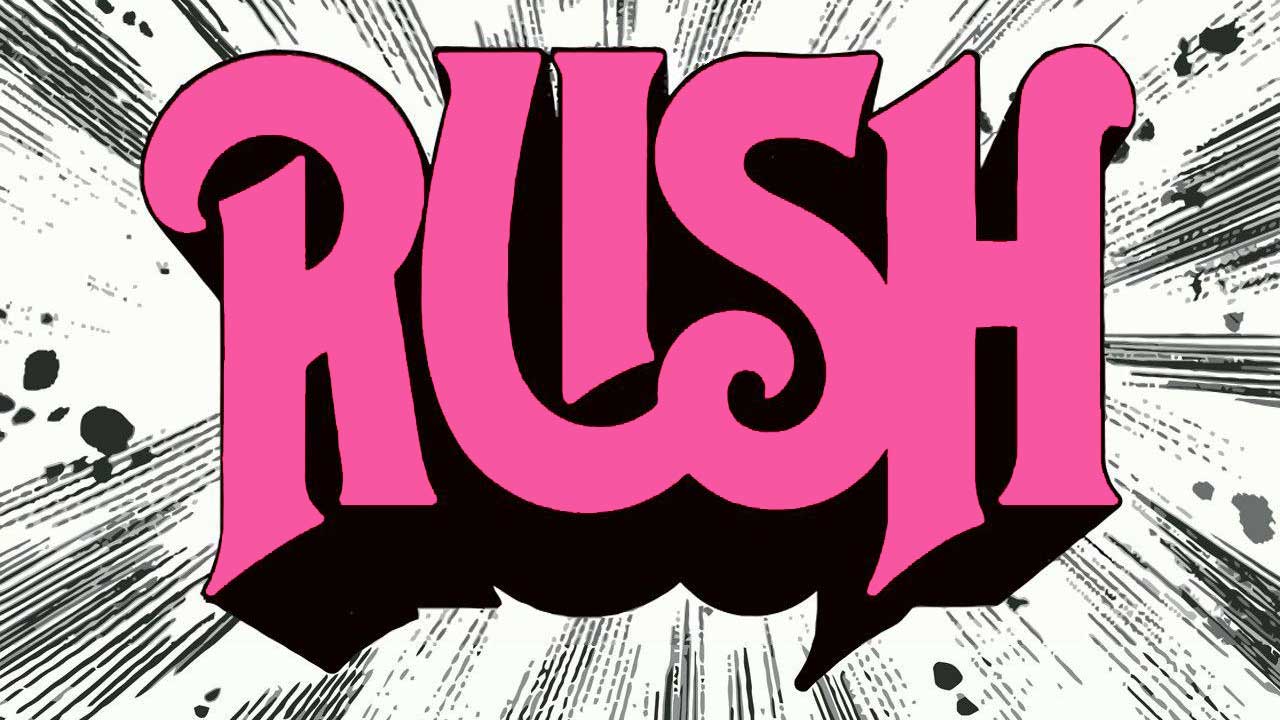The first Rush album has none of the fancy stuff for which the band would become famous: the 20-minute songs, the bookish lyrics, the progressive rock wizardry.
Back in 1973, Rush were still an old-fashioned, no-frills power trio. Having attracted zero interest from major record companies, the band’s manager Ray Danniels formed independent label Moon Records to release the album. The recording budget was small, and Rush worked the graveyard shift during the first sessions at Toronto’s Eastern Sound studio.
“I remember how exciting it was to be in the studio – even thought we could barely afford it, guitarist Alex Lifeson told Classic Rock. "We spent two days recording. We’d finish playing in a club at 1am and we’d have the studio till 9am, when the next session started. It was the only way we could afford it.”
However, there were problems with the original recordings, so producer Dave Stock was ditched, and the band moved to another studio, Toronto Sound, to re-cut some tracks.
Rush was released in March 1974, and sold a few thousand copies in Canada. But what the band needed was an opening in the US market. That came when a radio station in Cleveland started playing one of the album’s most powerful tracks, Working Man. This blue-collar heavy metal anthem resonated with Cleveland’s factory workers. Some even mistook the song for a new Led Zeppelin record. And Rush had their breakthrough.
Rush promptly signed to Mercury Records for North America, and the album was re-released on July 1, following a remix by Terry Brown, who would produce Rush for the next eight years.
For all its importance, Working Man isn’t Rush’s only great song. Finding My Way is another Zep-inspired tour de force, and In The Mood benefits from a stonking cowbell. But after this album – and the replacement of drummer John Rutsey with Neil Peart – Rush would never again rock out in such a simple fashion.
“This was us trying to find a sound, thinking we wanted to be a hard rock band and emulating those bands we thought were cool, Geddy Lee told Classic Rock. "I can hear Led Zeppelin in there, and a bit of Humble Pie. I wish I could hear more than just those influences, but I can’t. John Rutsey was very much a Simon Kirke kind of drummer – just hold down the backbeat and let’s rock out. So that’s how the songs came out."
"John was an odd gentleman," Geddy told Classic Rock. "A difficult person, in the sense that he had a hard time dealing with himself. He was not a happy guy, and had demons that he wrestled with. And when you’re that kind of person it’s hard for you to deal with other people. There was a lot of conflict and secrecy in the band when John was in it.
"We couldn’t really read him and he didn’t really care to share that much with us. And when Alex and I started pushing the music in a new direction, he eventually said: 'I can’t get behind this.' That was the end."
Health issues were cited – Rutsey was a diabetic – and the stress of touring was getting to him; indeed, one may have exacerbated the other. After leaving the band he became a competitive bodybuilder, and the others eventually lost contact with him. He died in 2008.
In a statement, the band said, “Although our paths diverged many years ago, we smile today, thinking back on those exciting early times and remembering John’s wonderful sense of humour and impeccable timing."

